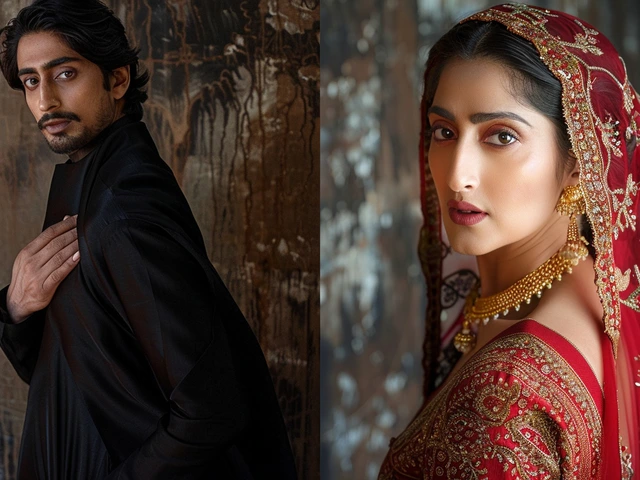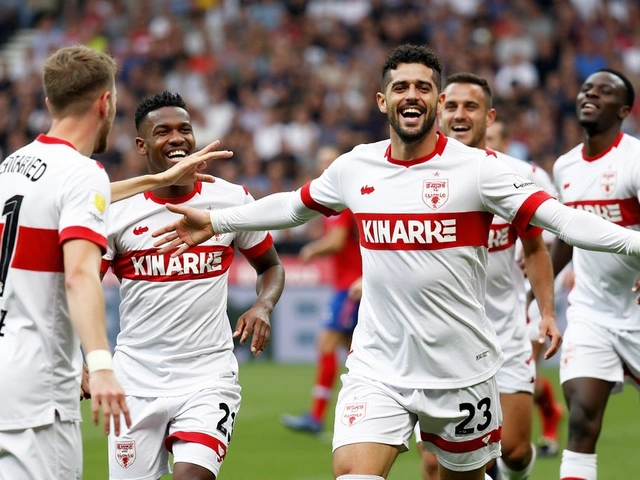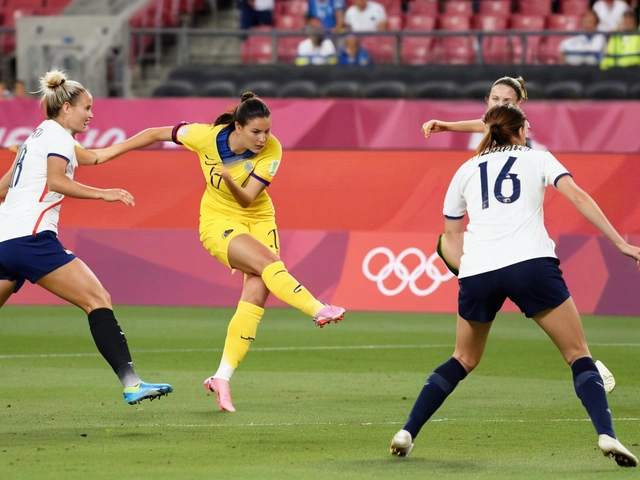The Feud Escalates: Kendrick Lamar Releases 'Meet The Grahams'
The world of hip-hop is no stranger to feuds, but the latest exchange between two of its biggest stars, Kendrick Lamar and Drake, has taken a deeply personal turn. After Drake's release of 'Family Matters', which included veiled jabs at his peers, Kendrick Lamar has issued his rebuttal with a scorching new diss track titled 'Meet The Grahams'. This track doesn't just return fire in words but targets intimate parts of Drake's personal life, including references to his son Adonis, his mother Sandra, and his father Dennis.
Lyrics and Allegations
Perhaps the most incendiary aspect of 'Meet The Grahams' is the allegation that Drake has been concealing an eleven-year-old daughter from the public eye. With rap battles famously amplifying personal narratives into public spectacle, this claim has stirred a significant response both from fans and observers. As Lamar weaves these provocative claims into his lyrics, he portrays Drake not just as a celebrity but as a character caught in his own complex narrative. Additionally, Lamar casts unfavorable comparisons of Drake with controversial figures such as Harvey Weinstein, pushing the boundaries of personal attack in musical feuds.
Drake's Response and Fan Reaction
Despite the gravity of the accusations, Drake responded with characteristic humor. On Instagram, he addressed his fans with a call to aid in finding this purportedly hidden daughter. This light-hearted engagement with such a serious allegation has been met with a mixed reaction from his audience. Some are amused and entertained by his playful approach, while others are keen on dissecting the underlying truths behind these public spats.
The cover art of 'Meet The Grahams' itself is a visual parody, mirroring the style of Drake's earlier track '6:16 in LA' but with a twist that includes imagery of pills and receipts, perhaps suggesting hidden truths and the cost of fame.
The Broader Implications
While personal attacks in rap are a longstanding part of the genre's battle culture, they can carry real-world implications. The portrayal of public figures as villains or flawed personalities doesn't just stay within the confines of music and can affect personal relationships and public perception. Kendrick's comparison of Drake with Harvey Weinstein opens a can of potentially damaging associations, whether grounded in truth or not.
As the hip-hop community and broader public continue to digest the latest developments in this high-profile feud, the anticipation for further responses from both artists keeps the audiences on edge. With both rappers having substantial followings, the ripple effects of these tracks reverberate far beyond their immediate listening audience, influencing fan discussions, media coverage, and possibly the artists' personal circles.
Engagements like these not only show the strategic minds of artists like Lamar and Drake but also highlight the enduring relevance of hip-hop as a space for raw, unfiltered dialogue on personal and societal issues, making it a unique fixture in the landscape of modern music.





Write a comment